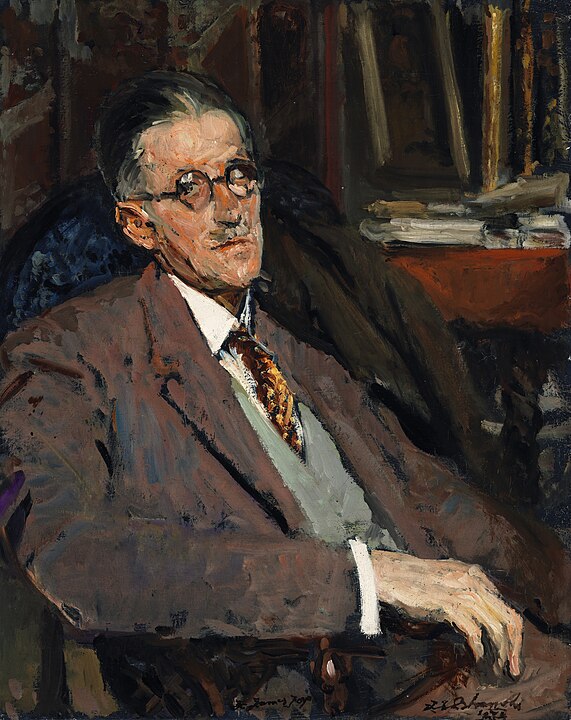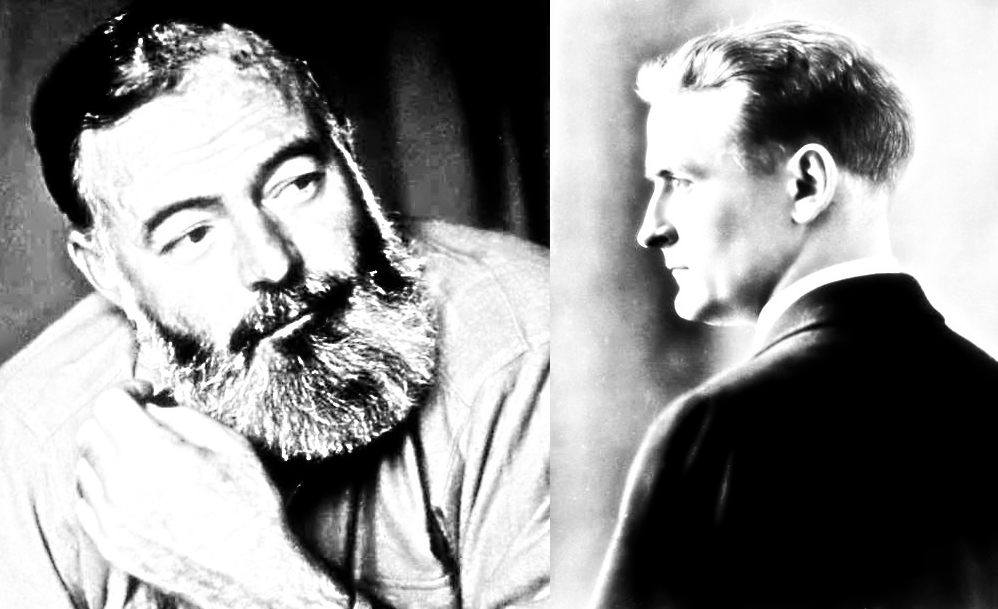Knowing the patterns of a text is crucial for understanding the passage itself, because it allows you to utilize both prior knowledge and context to draw inferences as to how a text is structured and what you should expect while reading. The phenomenon I am referencing is called “genre awareness,” and it’s a reader’s ability to acknowledge that they are reading a certain kind of book by noticing its reoccurring conventions.
Today, we are going to dive into genre studies by examining the macro-idea of genre as it relates to stories and texts.
Genre defined
The easiest way to define genre is to think of it as a category of text (as it relates to our motives as writers).
Merriam-Webster defines genre as: “a category of artistic, musical, or literary composition characterized by a particular style, form, or content.”
No matter what the text is, it has a category: drama, horror, science fiction, biography, autobiography, etc. All of those categories are types of genre; and, while I am talking about texts here, the idea of genre can be applied to most, if not all, works of art.
Additionally, genre itself has two main functions as it links to categorization: fiction or nonfiction. Imagine genre as the very top of a giant tree, and then branching beneath it into two main sections are both fiction or nonfiction. The branches then extend from these two main genres themselves into what are called “subgenres.”
On the one side, fiction subgenres include science fiction, horror, drama, westerns, fairy tales (folklore in general), and so on. Nonfiction, meanwhile, deals mostly in biography and autobiography, and informational texts.
Takeaways
While we are only scratching the surface of genre as a whole, we as writers need to understand that texts are split into different types of groups. “Why?” you ask. Because these two types of genres identify the whole of literature and informational texts.
Later, after we know what makes each genre tick, we can identify tropes and archetypes in writing that allow us to interact with the text in a more honest and productive way; as such, if you understand the genre and its conventions, then you can implement or change those conventions and you can add more flavor and interest to your writing!
Works Cited
Merriam-Webster. “Genre.” Oct. 5th, 2022. Web. https://www.merriam-webster.com/dictionary/genre








Leave a Reply